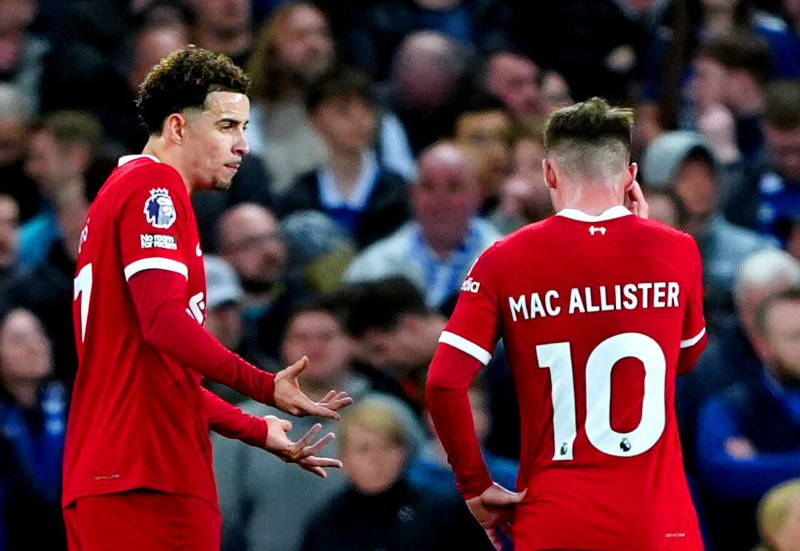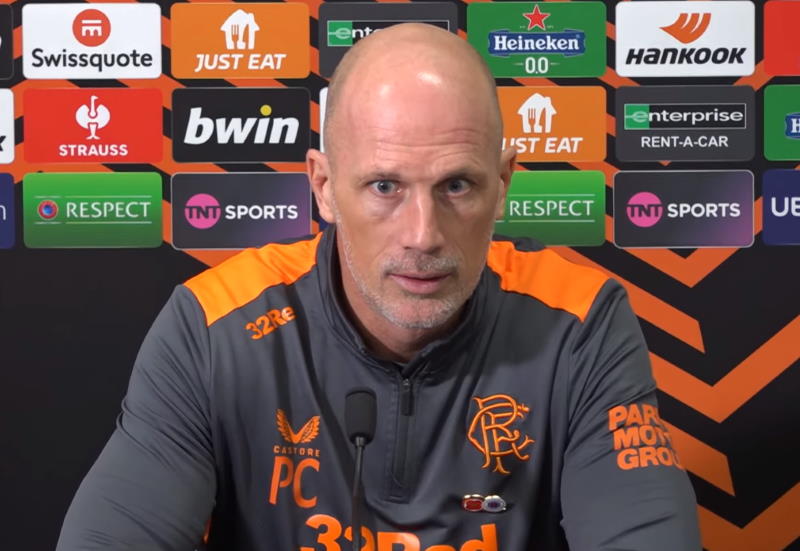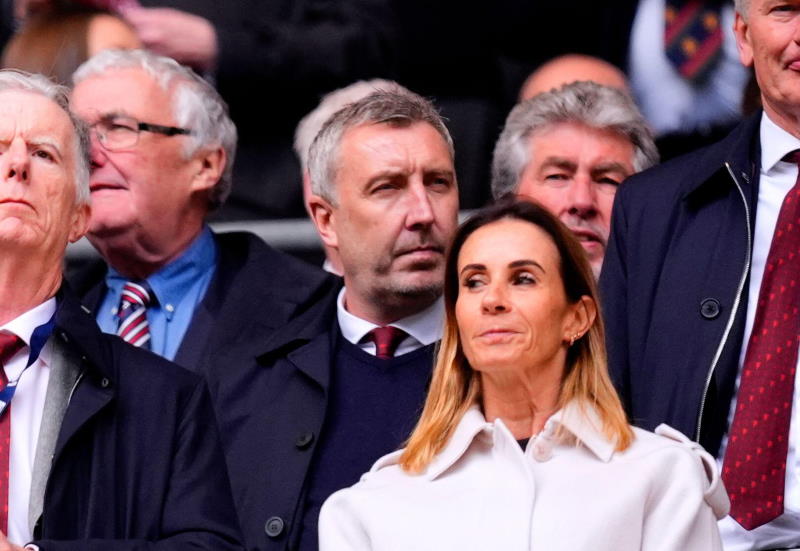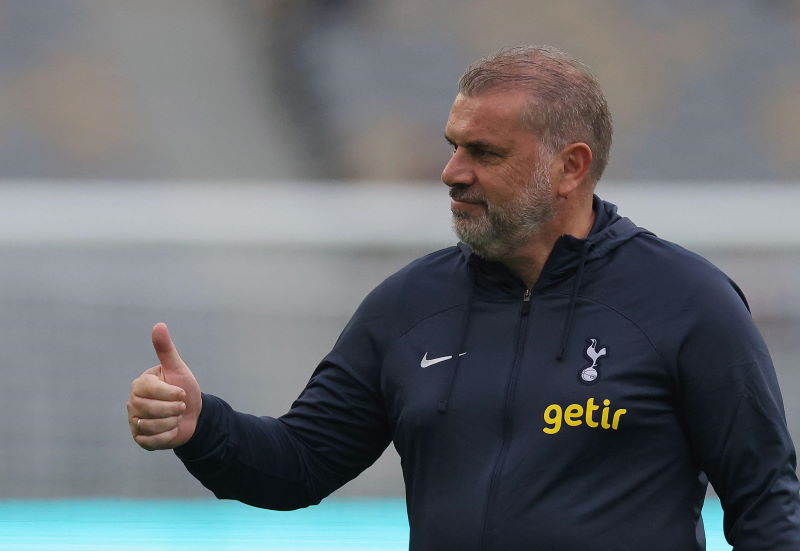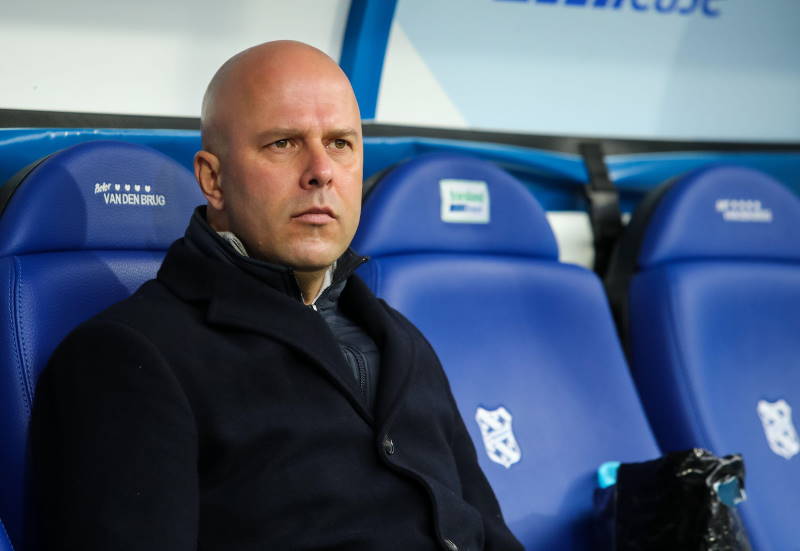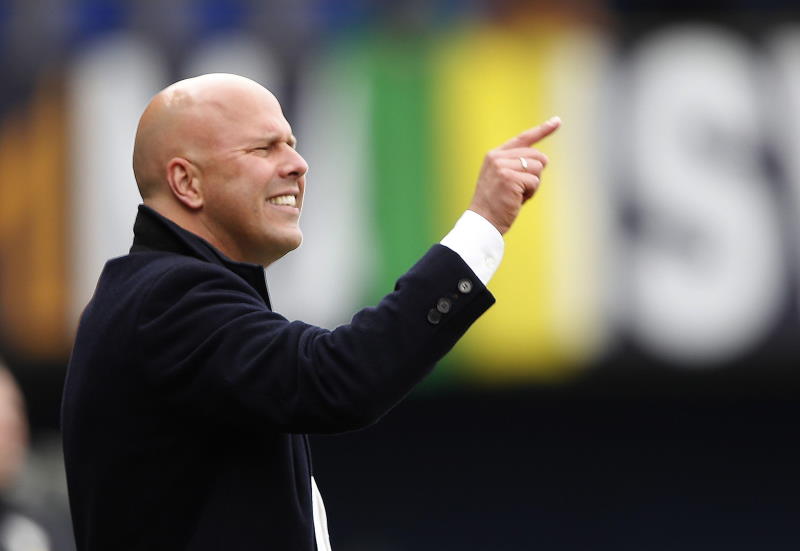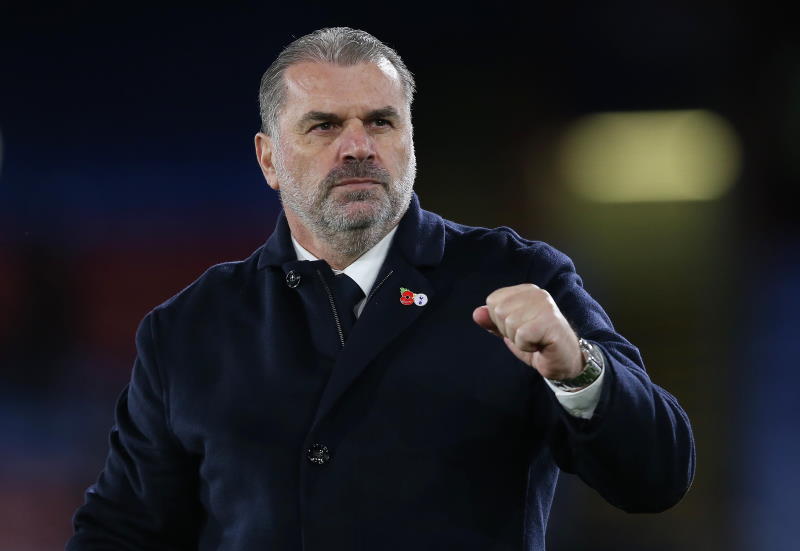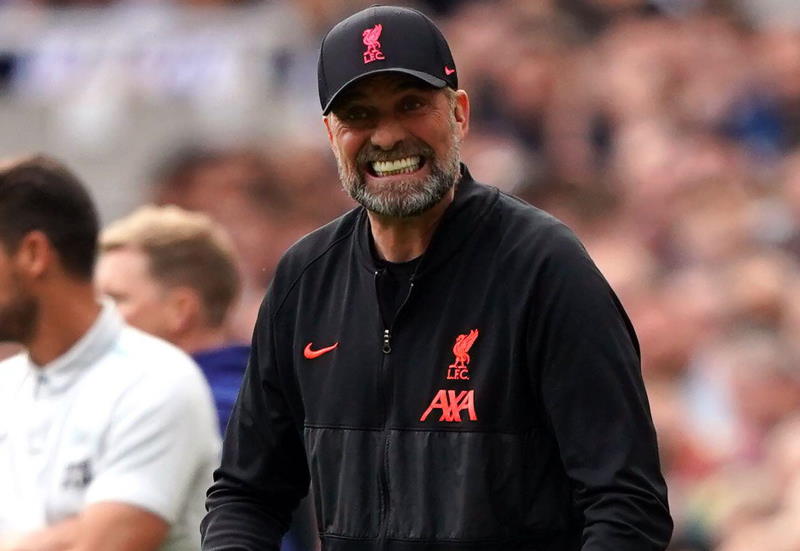
The sacking of David O’Leary as Leeds United manager in the summer of 2002 left fans of the West Yorkshire club perplexed to say the least.
This sense of bemusement soon turned into full blown bewilderment though when former England boss, Terry Venables, was unveiled as the Irishman’s successor – most Leeds fans had expected then Celtic manager Martin O'Neill to be appointed.
"El Tel" as Venables was nicknamed due to a stint in La Liga with Barcelona between 1984 and 1987, arrived at Elland Road on a warm July day in a pink shirt, open at the collar, and sporting his trademark smile and tan. Peter Ridsdale, the then chairman of the club, announced that Venables was the ideal candidate to take Leeds United to the next level.
Despite the sale of England defender Rio Ferdinand to arch-rivals Manchester United for £30m two weeks into his reign, Venables seemed unfazed and signed Nick Barmby and Paul Okon.
To the former Barcelona boss’s credit, Leeds started the 2002/03 season in empathic fashion, beating Manchester City 3-0 at home followed by a 3-1 away win at West Brom, as well as beating Manchester United at home the following month.
But then results started to turn and Leeds picked up just five points from a possible 30 from their next ten league games as well as crashing out of the League Cup at the hands of Division One side and local rivals, Sheffield United.
With the club languishing in the bottom half of the Premier League table and far from where Ridsdale and Venables promised Leeds would be at the start of the campaign, fans started to discover the true state of the club’s finances.
Venables tried to keep the players’ minds focused on matters on the pitch, but December and January did see a marked improvement in performances, with Leeds collecting 15 points and progressing to the fourth round of the FA Cup.
But then the wheels came off for the Elland Road outfit in spectacular fashion. The 2003 January transfer window opened and Leeds saw a list of high-profile stars exit the club to help pay off spiralling debts, most notably promising young defender Jonathan Woodgate, sold to Newcastle United.
The sale of Woodgate saw Venables threaten to resign, as the board had not informed him of the departure at any point during the England defender's £9M move. Ridsdale persuaded the former Tottenham Hotspur manager to stay on, but visible cracks had appeared in the pair's relationship.
Leeds’ Premier League form nose-dived again during January, February and March, with only the FA Cup offering a shred of comfort as the team advanced to the sixth round. That too came to an end however when, for the second time in a cup competition that season, Sheffield United sent their neighbours out.
With Leeds perilously close to the relegation zone the board axed Venables in March 2003 and replaced him with former Sunderland boss Peter Reid on a deal until the end of the season.
Reid managed to keep the stricken Yorkshire giants in the Premier League with a string of good results and confirmed top flight status with a 3-2 away victory against reigning champions Arsenal in the season’s penultimate weekend.
For all his successes as a manager and coach, Terry Venables' time as Leeds United manager will go down as one of his biggest failures.
Many will say that under the circumstances the ex-England coach did the best he could with the hand he had been dealt, but while there is some truth in that reading of history, his own failures cannot be ignored.
Venables had been in and out of the game for many years, often playing bit parts at a number of clubs, which left him out of touch with the day-to-day management of a club and the rapid progression of the modern game.
Many fans questioned his tactics during his brief stint at the Leeds United helm, with his 4-3-3 formation regularly being outmanoeuvred by the opposition in nearly every game. Venables' steadfastness for players seen as his friends by the Elland Road faithful, notably Barmby and Okon, also annoyed fans who wanted to see the likes of David Batty on the pitch.
It is fair to say that Venables misjudged the size of the job at Leeds United; whether that was due to a lack of honesty over the club's financial position on the part of the board or because of his own poor decisions is, and will remain, open to debate.

